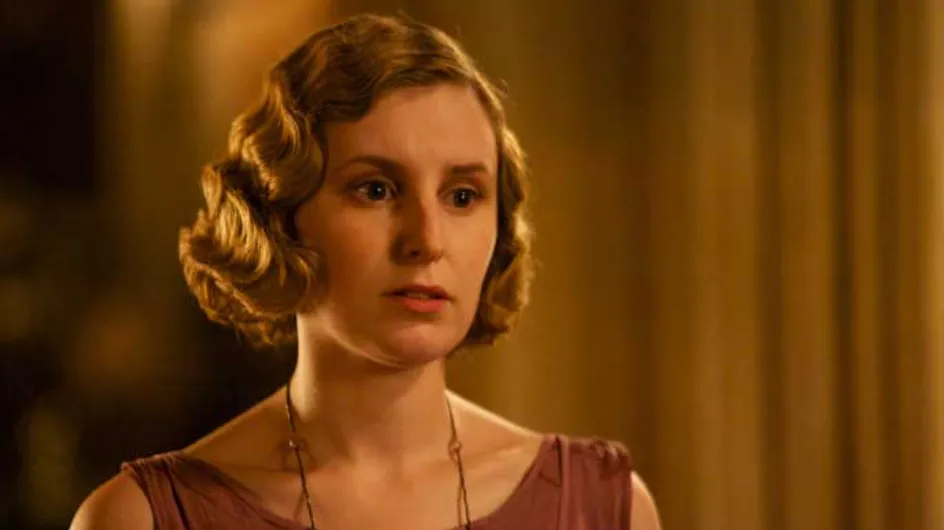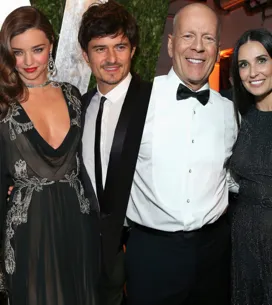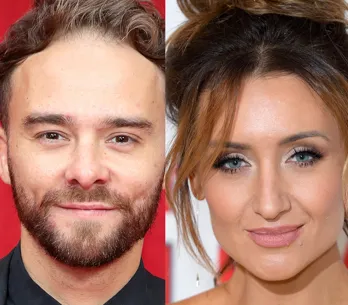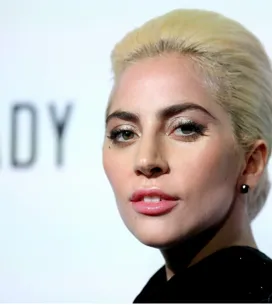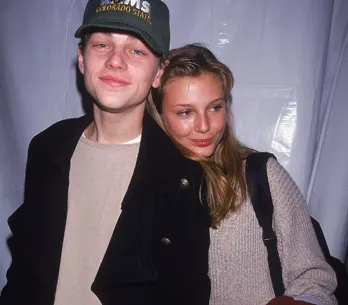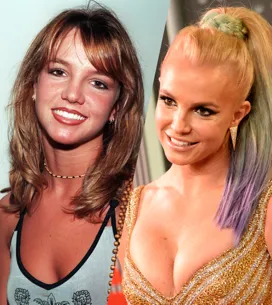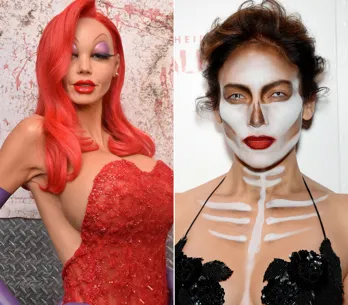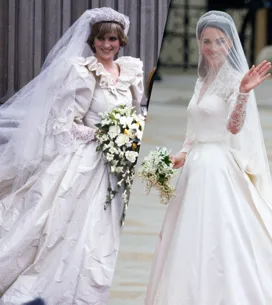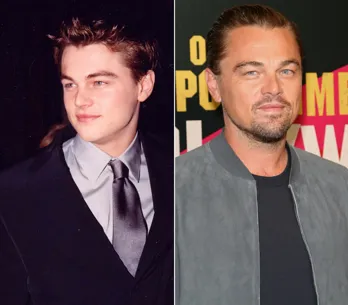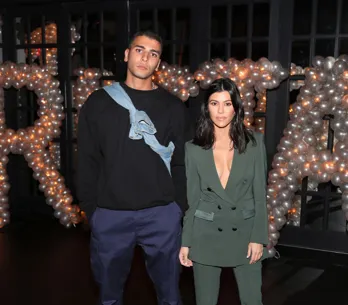Laura Carmichael plays one of the central characters in Julian Fellowes' hit show Downton Abbey.
So we couldn't wait to chat to her about just what's in store for Lady Edith in the upcoming fourth series.
One area Lady Edith has never flourished in is love.
But this year we'll see her finally enjoying some romance - yay! Not only that - it's rather unconventional.
The season will see Edith allowing herself to be courted by the already married newspaper editor Michael Gregson - played by Charles Edwards.
We see this new, more adventurous side to the Crawley sister from the first episode.
Laura told us: "It’s great...it’s lovely to me that the romance is so different to anything we’ve seen in Downton before.
"He’s not arriving at the house with a horse or anything.
"What they’re doing in episode one even, by dining out together - a married man - it’s quite shocking really, but really fun for us to play."
There is a sense of Edith grabbing the moment, as Laura explained: "Her brother in law has just died in a car crash after surviving WWI - life is scary and short.
"Yes he’s married, but he’s interested in a way that is different from any of the other men in Edith’s life.
"There’s a real ‘let’s just go for it’ kind of attitude that Edith has, which again feeds into the story."
Laura sees this whole new side to Edith as an entirely comfortable progression.
She said: "She could have rolled over after the jilting and become a spinster and stayed with her parents, but all these things happened and her sister was killed in childbirth and she was the rebel and she was the potential suffragette of the family.
"And all of a sudden she’s a single woman. Women who were over 30 or married did get the vote - that suddenly doesn’t apply to her for another six years.
"And she’s got a voice and I think it’s really interesting to portray that."
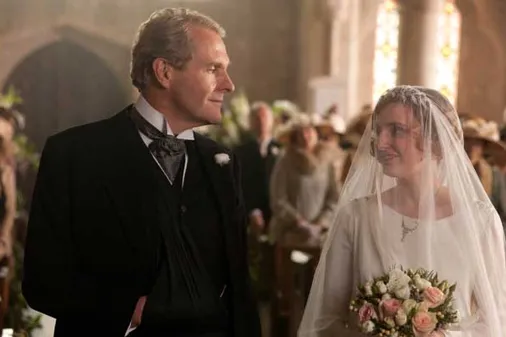 © ITV Pictures
© ITV Pictures
She continued: "For me it has felt like a real natural evolution for Edith to change from this bratty middle child to a strong independent woman writer.
"I feel like that’s so perfect for her; throughout the series Julian’s always made references to the fact that she’s been aware of what’s going on politically."
What it most important about Edith is just how sure she is of her position within society, which has been unwavering for her entire life.
So as she changes her attitudes to men and how she will live her life - choosing now to travel to London and have her writing published - this confidence in her class adapts to a confidence in herself.
Laura explained: "The thing I’ve loved about playing Lady Edith from the beginning is, as much as you can say that she was insecure or she was unconfident, there was this confidence of being a lady, confidence of her class, of you know of having that power.
"I think it’s really interesting, seeing her now, entering that different world where that matters less and having found that confidence in herself."
Working for a newspaper is the perfect way for her to do this: "It’s certainly true that at the time there were a lot of aristocrats writing at the newspapers giving a take on [politics]."
Downton fans will be thrilled to see how these characters move into this new era in Britain.
Laura said: "London in the Twenties really was so changing and you think about the Bloomsbury group and those writers."
She added: "Through the war she found a job she found a purpose and you can’t then undo that."
And Edith's controversial relationship with Michael just proves how far creator Julian Fellowes has brought his characters.
Laura described: "It feels kind of modern, it’s somebody she’s met at work really and he is a self-made man of a different class and it’s been really fun to play those scenes in London - away from the house and free of the sort of shackles of class and expectation."
She added: "I don’t think that’s what she would have had her heart set on as a child, I think she would have been the most conventional of the three of them, had it not been for her luck - you know she never found the right man to do that with."
Unconventional or not, it certainly is nice to see Lady Edith enjoying her turn as the centre of attention.
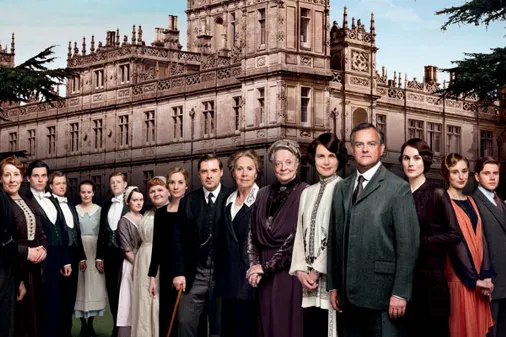 © ITV Pictures
© ITV Pictures
